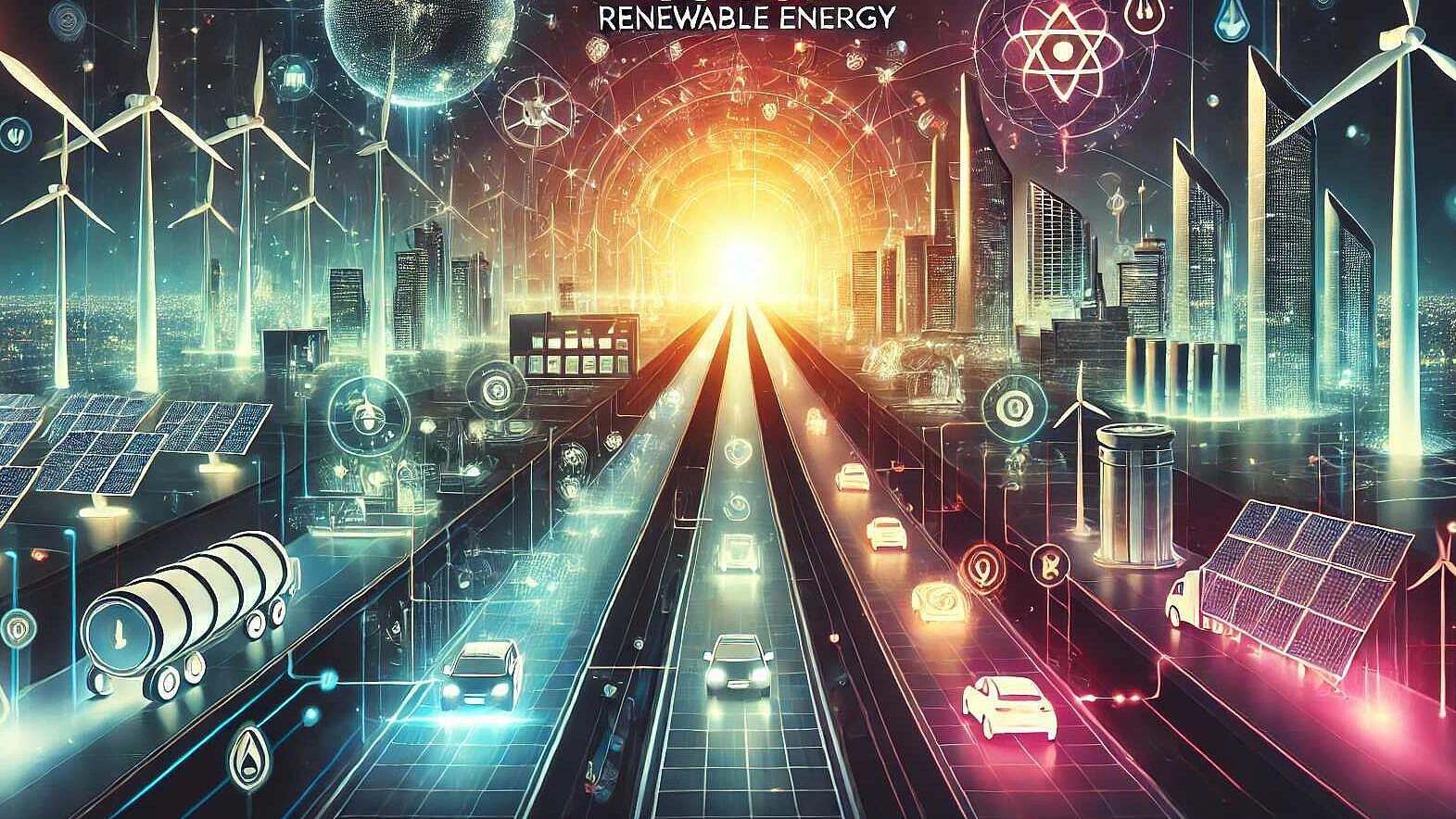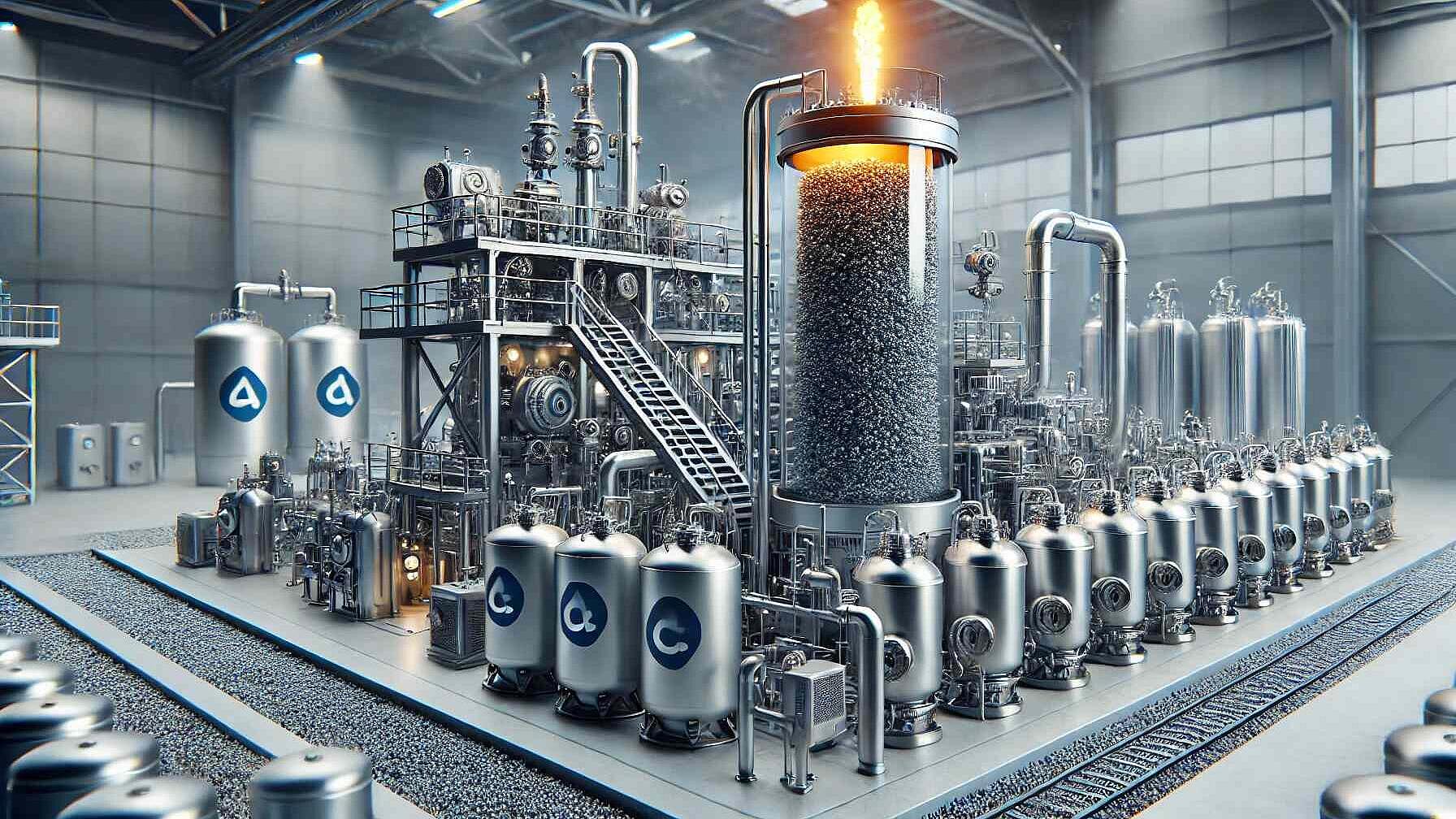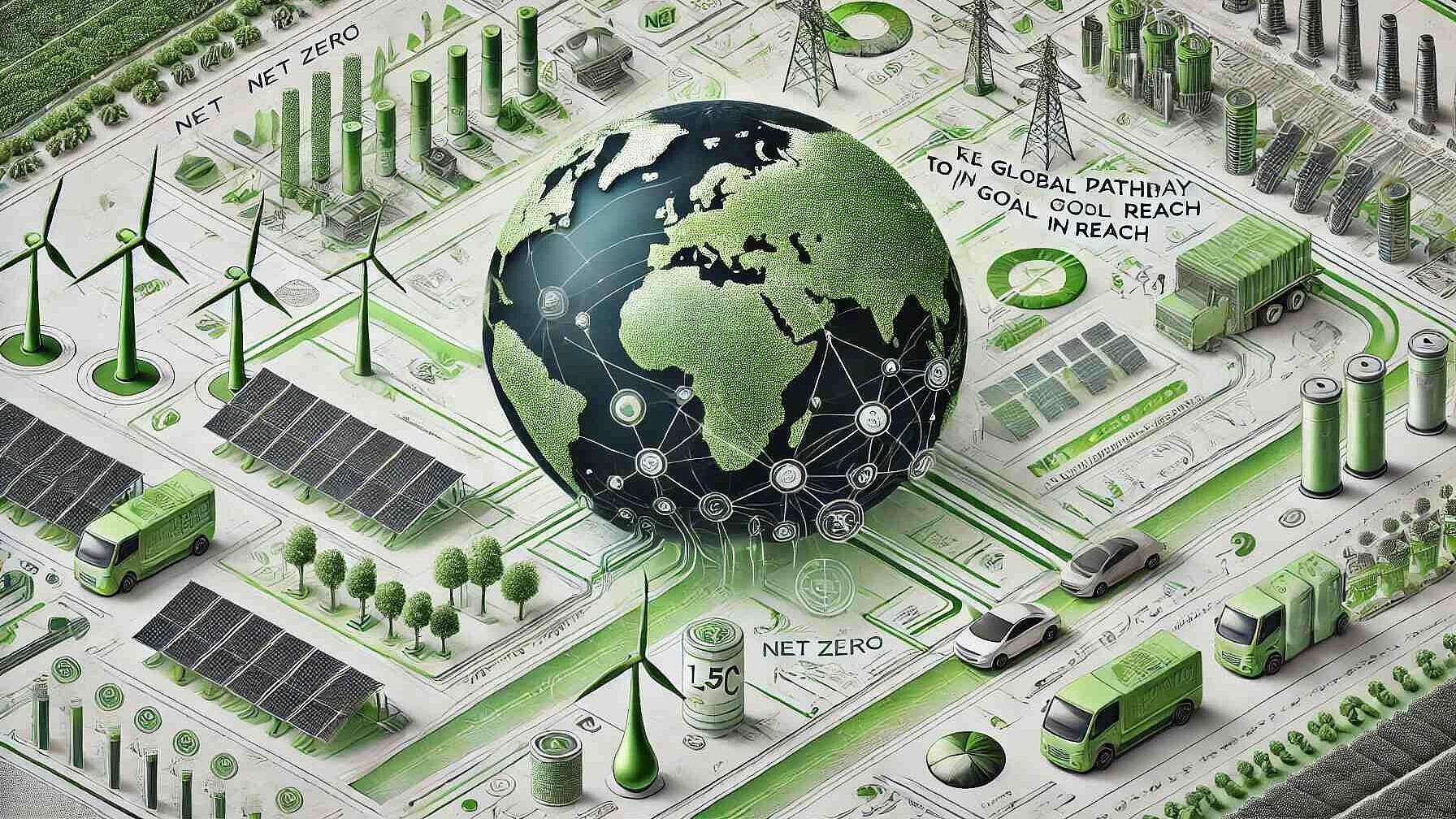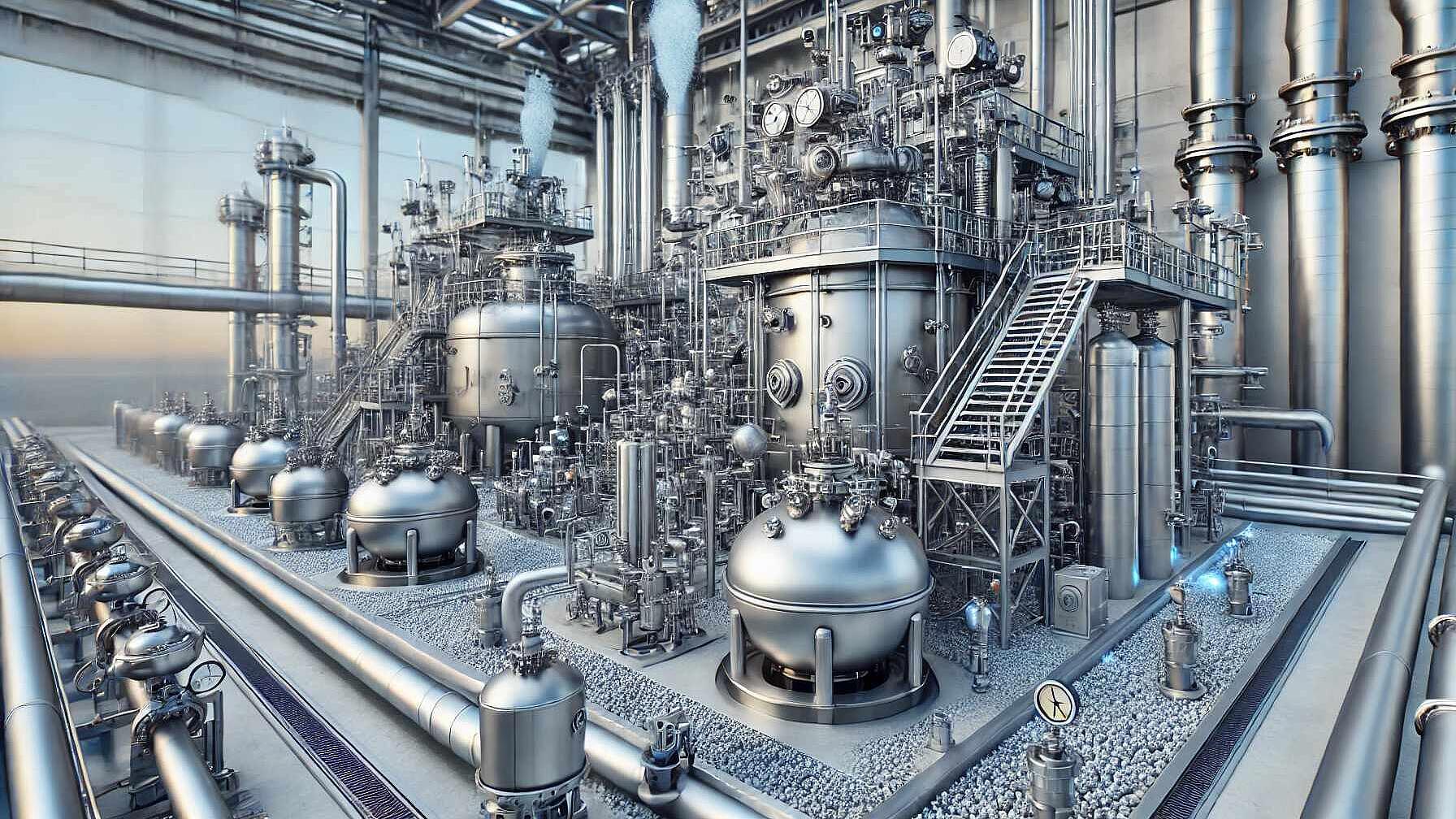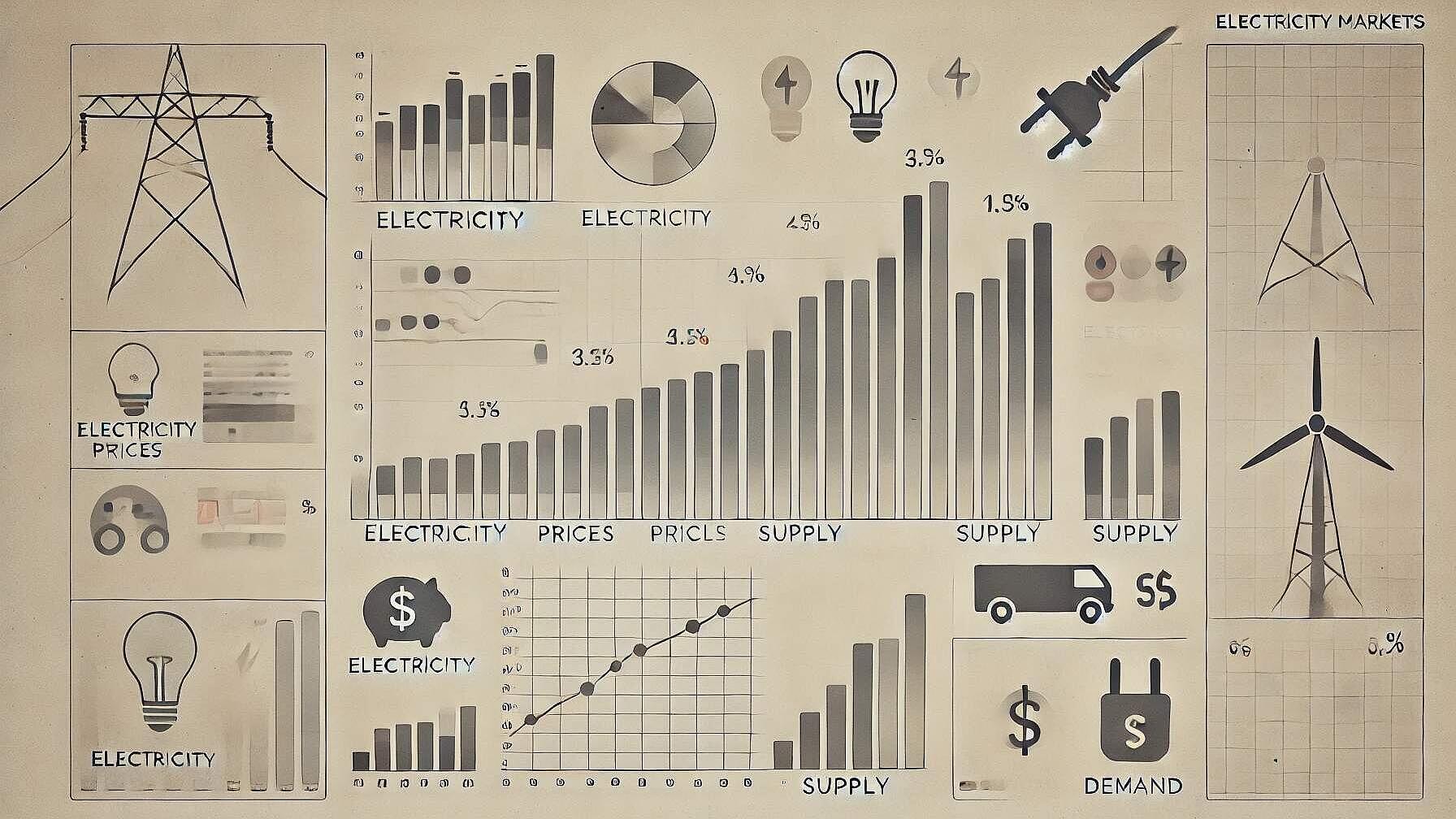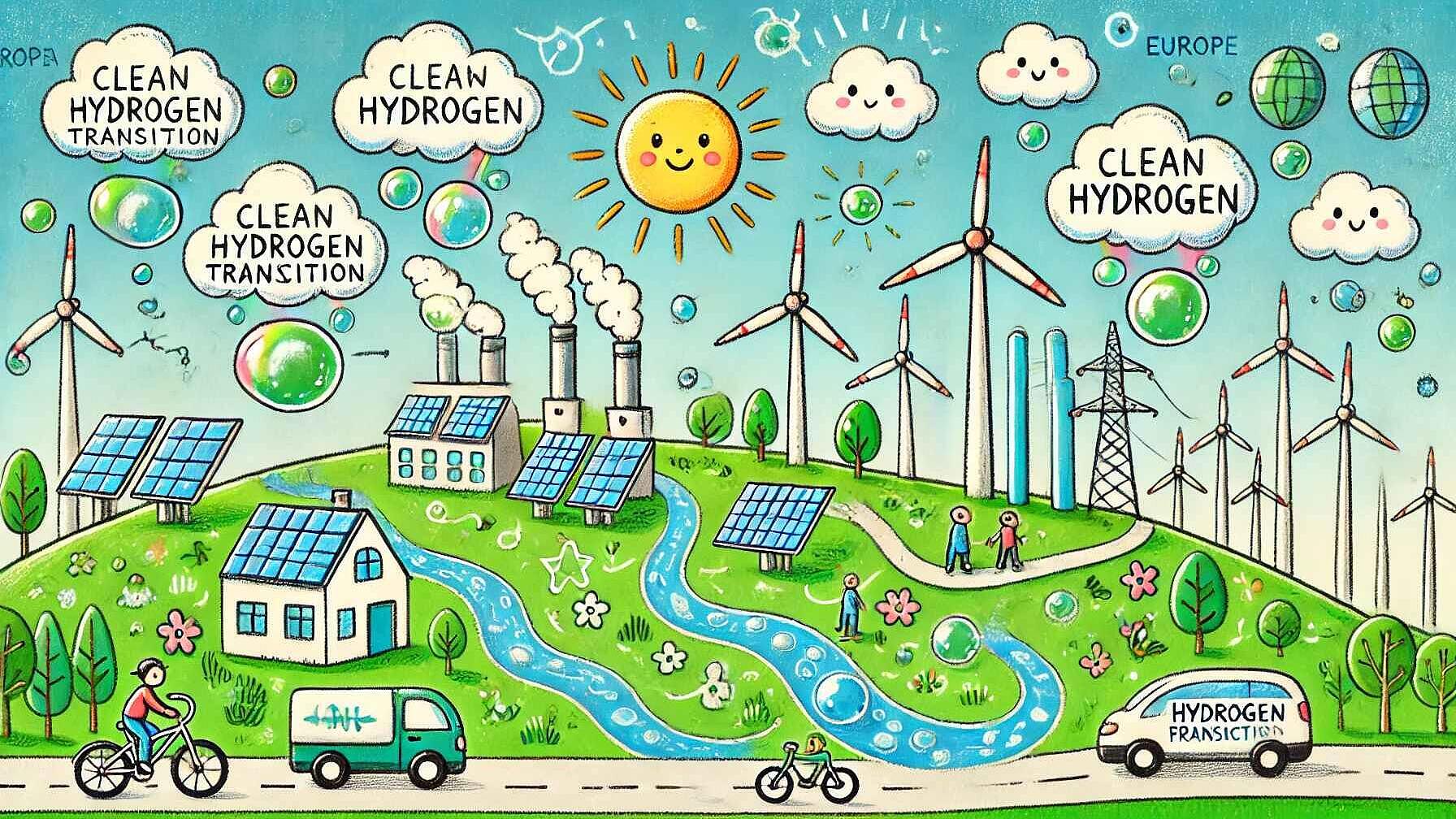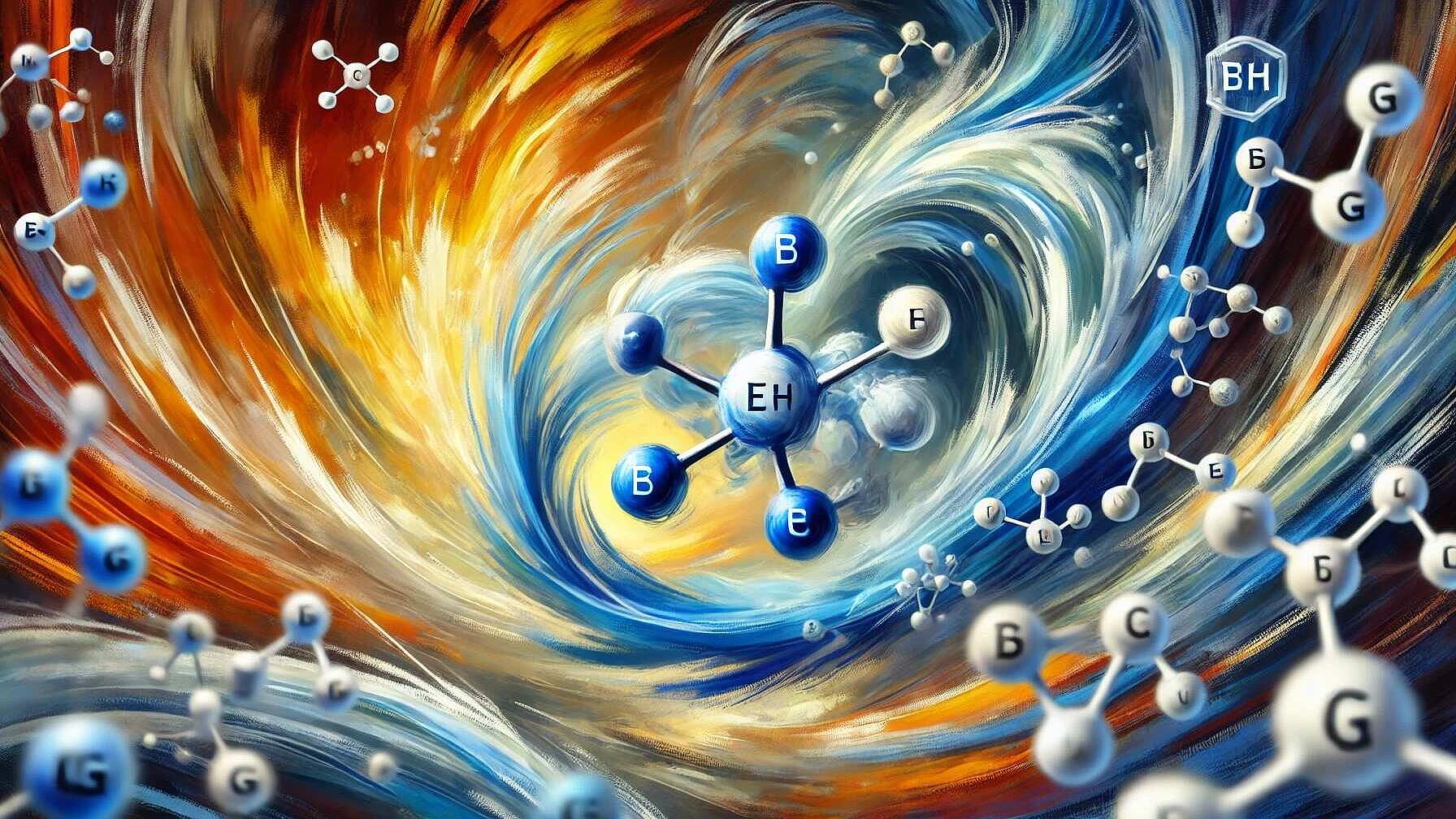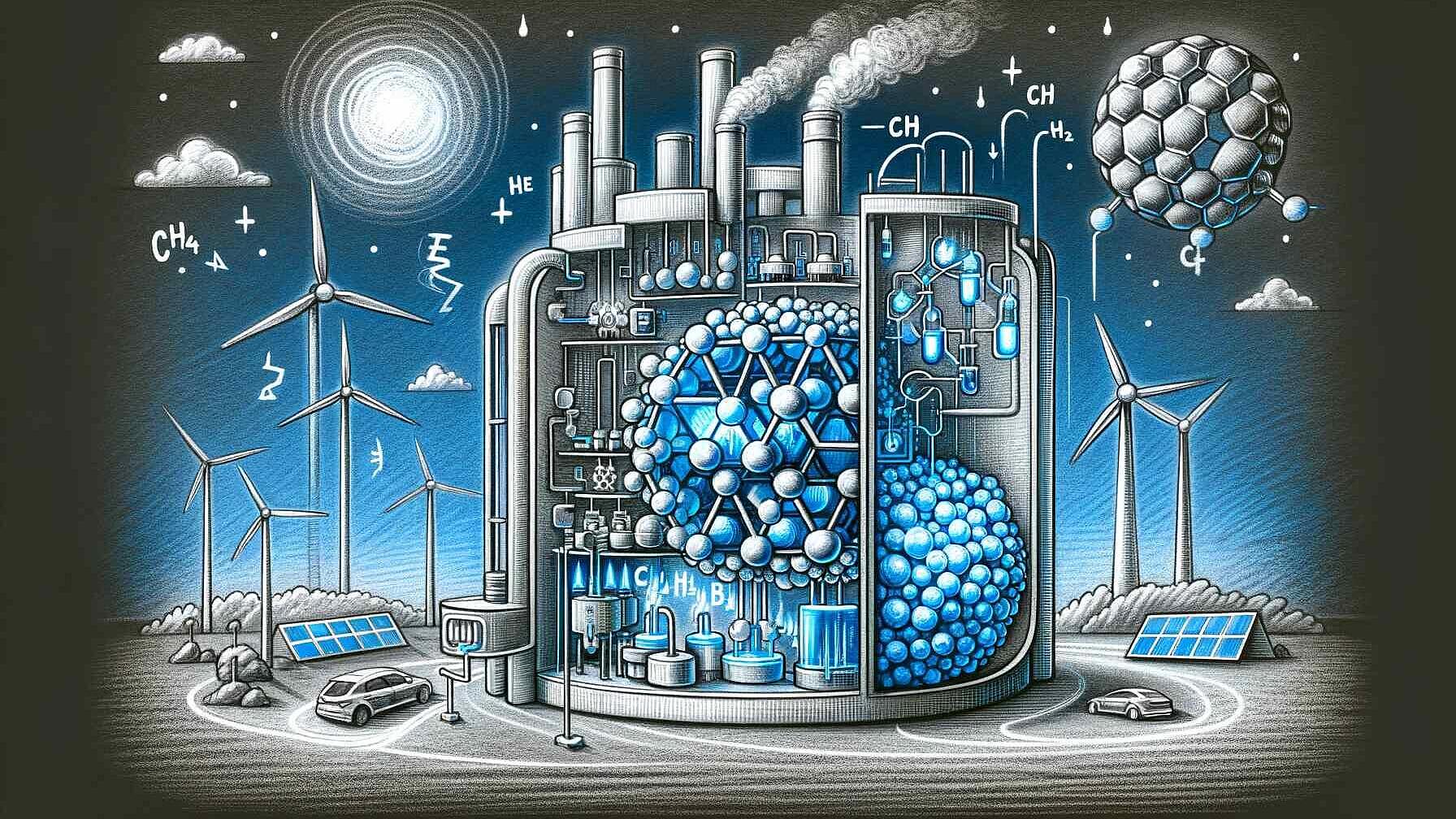 Renewable Energy
Renewable EnergyRenewable Energy
EnerWhizz is an educational mobile quiz game designed to enhance energy efficiency and renewable energy knowledge through engaging gameplay. The app features 45-second rounds with five yes-or-no questions, creating a fast-paced learning environment. Scoring points for correct answers, with two incorrect answers terminating the round, adds excitement. Players earn Whizz-Gems for completing missions, which can be used to acquire Whizzerz tools, aiding them in quizzes. Participation in special events offers the chance to win tangible prizes. The game is accessible on various devices and supports 12 languages, catering to a diverse audience. Users can join leagues focused on specific topics and compete at national or global levels, aspiring to reach the PRO League. Weekly missions, dynamic rankings, and both casual and registered play enhance user engagement. EnerWhizz aims to foster awareness and encourage practical steps towards energy-efficient and sustainable living. Easy to start playing without downloading or complex registration, EnerWhizz offers both entertainment and education, positioning the player as a contributor to environmental sustainability.
Read Full articleThe Renewable Revolution: Powering Our Future
Studies outline scenarios for a 100% renewable energy system by 2050, emphasizing electrification, solar and wind dominance, job creation, grid flexibility, energy storage importance, green hydrogen's role, and socio-economic benefits including health and employment gains.
Read Full articleHarnessing Hydrogen: The Promise of Catalytic Methane Decomposition
Catalytic methane decomposition (CMD) offers CO2-free hydrogen production using transition metal catalysts, overcoming challenges of catalyst deactivation through strategies like bimetallic catalysts and reactor design innovations. Economically competitive, it potentially enables carbon-negative hydrogen via biogas, with valuable carbon byproducts.
Read Full articleAccelerating the Clean Energy Transition: An Updated Roadmap to Net Zero Emissions
The IEA's 2023 Net Zero Roadmap update outlines steps for a 1.5°C-aligned energy transition, emphasizing rapid clean energy deployment and innovation. It sets key 2030 milestones, including tripling renewables, improving efficiency, increasing EV sales, and reducing methane emissions. Global cooperation and investment are critical.
Read Full articleMethane Catalytic Cracking: A Promising Path to Clean Hydrogen Production
Methane catalytic cracking generates hydrogen and solid carbon without CO2 emissions, utilizing catalysts like nickel in reactors like fluidized beds. Catalyst deactivation and reactor challenges exist, but advancements may make this process a competitive, clean energy solution.
Read Full articlePowering Ahead: The Global Electricity Landscape Through 2026
Global electricity demand is projected to increase, led by China and India, with renewables and nuclear supplying all growth through 2026, indicating a shift towards low-emission sources, reducing CO2 intensity, and highlighting regional disparities in access and consumption trends.
Read Full articleHydrogen Pathways: Leading the Charge Towards a Sustainable Future
Europe aims for Net Zero by 2050 through increased clean hydrogen production, requiring advancements in technologies like water electrolysis and methane reforming with CCS. Innovation in these areas is key to achieving environmental and economic sustainability in the energy sector.
Read Full articleHydrogen on the Horizon: Shaping the Energy Future
Hydrogen is increasingly seen as a key to sustainable energy. Various countries develop national strategies focusing on decarbonizing hard-to-abate sectors and economic growth. Technological innovations aim to produce clean hydrogen efficiently, with international collaboration and private-public partnerships being crucial for the transition to a hydrogen-based economy.
Read Full articleElectrifying the Future: Joule-Heated Catalytic Reactors as a Pathway to Decarbonization and Innovation
The paper reviews electrification of chemical processes for decarbonization, focusing on Joule-heated catalytic reactors for efficient heat generation, highlighting advantages over traditional fossil fuel combustion and applications in methane reforming and CO2 valorization.
Read Full articleCatalytic Hydrogen Production: Pioneering Clean Energy with Methane Cracking
The EU's STORMING project is advancing methane cracking for CO2-free hydrogen production using catalysts and structured reactors powered by renewable electricity. This process also yields valuable carbon nanotubes, promoting sustainable and economically beneficial hydrogen applications and energy transition.
Read Full article
